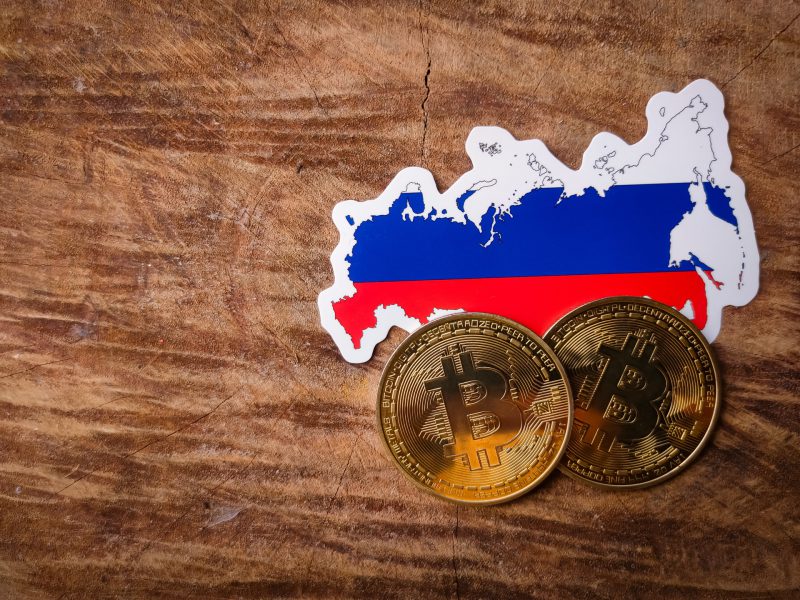It has been months since the Russia-Ukraine war has been going on, yet there are no signs of it concluding anytime soon. US, at this stage, is all set to provide Ukraine with more advanced rocket systems and munitions to aid it up to its game against the global superpower. Amid the ongoing macro turmoil, a senior bank official from the central bank of Russia hinted at a plausible relaxation of its opposition to crypto and other digital currencies.
Per a recent report, Russia’s central bank is open to allowing the use of cryptocurrency for international payments.
In a briefing with reporters on Tuesday, the central bank’s First Deputy Governor—Ksenia Yudaeva—explicitly stated,
“In principle, we do not object to the use of cryptocurrency in international transactions.”
She was, nonetheless, quick to assert that the bank—as a regulating authority—continues to view the wider use of crypto in Russia as a financial threat. Elaborating on the same, Yudaeva said,
“We still believe that the active use of cryptocurrency within the country, especially within Russia’s financial infrastructure, creates great risks for citizens and users. We believe that in our country those risks could be reasonably large.”
Wider lens view on Crypto
Moscow, as such, has sent thousands of troops into Ukraine. Resultantly, several Russian banks have been cut off from the global financial network. In retrospect, members from the Russian Finance Ministry opined last week that allowing crypto to be used to settle international payments would assist Russia to counter the impact of Western sanctions imposed.
Talking on similar lines, Yudaeva however went on to assert that the overall risks to financial stability in Russia as a result of Western sanctions imposed on lenders had declined as banks now had ample foreign currency liquidity at the moment.
Despite the pro-crypto statements made of late, it shouldn’t be forgotten that Russian officials are still figuring out how to regulate the nation’s crypto market and use of digital currencies. In fact, the central bank had recently called for a blanket ban. Other department and ministry officials, however, weren’t on the same page, and as a result, no consensus had been reached.





